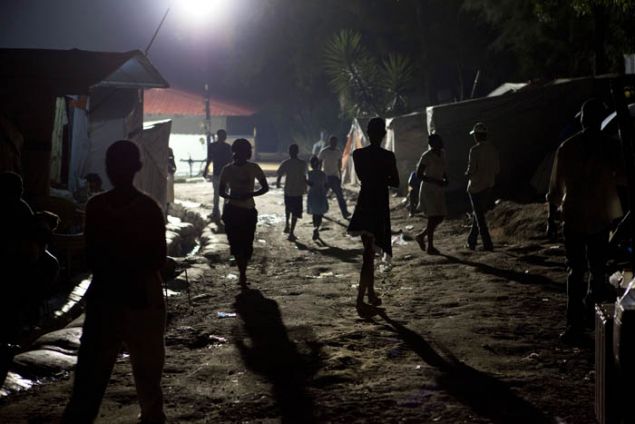In my article about Haiti in the current issue, I mention how I was sexually threatened by a man whose job was to drive me around. Though that was the worst/most egregious instance, it wasn’t the first time something like that happened in my five months on assignment last year, nor was it the last time on that trip to Haiti. Two nights before I left, an argument outside my hotel about my refusal to sleep with another man who was in my employ turned ugly enough that I ultimately begged protection from a passing patron carrying a gun. And as Judith Matloff explains in this excellent 2007 article from the Columbia Journalism Review, this kind of stuff happens to lady-reporters all the time.
Which is obviously horrible. But additionally horrible, and less obvious, is that however common it is for correspondents to be sexually harassed, threatened, or assaulted, it’s hardly ever talked about. Reporters themselves often fail to bring it up: You don’t want to make it sound like you can’t handle your assignment, or, worse, your job in general, especially given the difficulty of avoiding perpetrators, who are often men you are paying to assist or protect you and the only people you know in a foreign country—translators, drivers, guards.
And the journalism institution isn’t helping to facilitate the dialogue. There are, as Matloff points out, some unforgivable industry oversights, like “no sections on sexual harassment and assault in the leading handbooks on journalistic safety, by the Committee to Protect Journalists and the International Federation of Journalists.”








